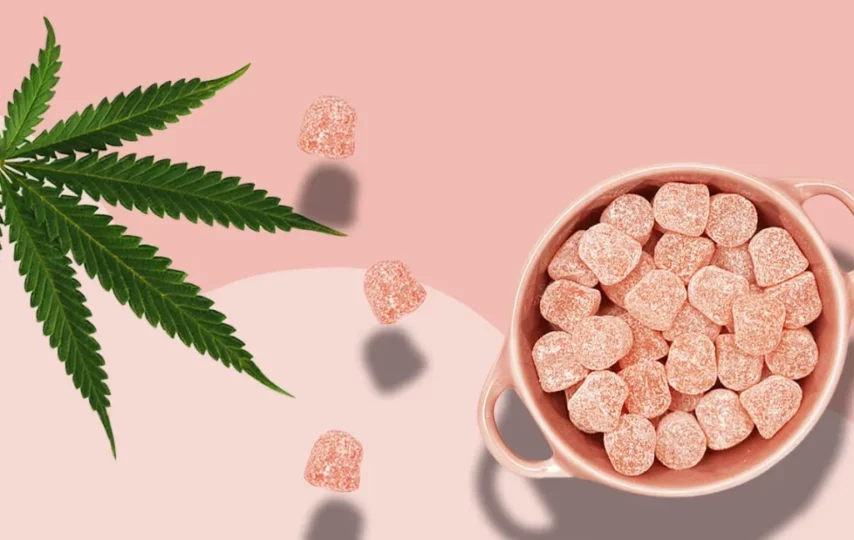CBD, short for cannabidiol, has gained significant attention in recent years for its potential health benefits. It comes in a range of products so you can choose to take it in a way that suits your preferences, whether that’s CBD oils, capsules, creams, CBD sweet treats, or CBD tea. However, along with its rise in popularity, numerous misconceptions and myths have emerged surrounding CBD. Below, we aim to demystify these misconceptions and provide accurate information about CBD.
Understanding CBD: What is it?
CBD is one of the many active compounds found in the cannabis plant. Unlike its counterpart, THC (tetrahydrocannabinol), CBD is not psychoactive, meaning it doesn’t produce a “high” sensation. Instead, it is believed to have therapeutic properties, including anti-inflammatory, analgesic, and anxiolytic effects.
Myth: CBD is Illegal
There is a common misconception that CBD is illegal because it is derived from cannabis. However, the legal status of CBD varies depending on the source and the jurisdiction. In many countries, CBD extracted from hemp, a cannabis plant with low THC content, is legal as long as it contains less than a specified amount of THC. It’s important to check the local regulations to ensure compliance.
CBD and Medical Claims
Another misconception is that CBD is a miracle cure for various medical conditions. While there is growing evidence supporting the potential benefits of CBD, it is essential to understand that it is not a panacea. CBD should not be viewed as a replacement for medical treatments, and it’s crucial to consult with a healthcare professional before using CBD for specific health concerns.
CBD and Psychoactive Effects
Since CBD is derived from cannabis, some people assume that it will cause psychoactive effects similar to THC. However, this is not the case. CBD does not produce intoxicating effects and does not alter one’s state of mind. It interacts with the body’s endocannabinoid system in a different way than THC, resulting in distinct effects.
CBD as a Cure for Mental Health Disorders
While CBD shows promise in managing symptoms related to mental health disorders such as anxiety and depression, it is not a cure. CBD may help alleviate certain symptoms and promote a sense of relaxation, but it should be used as a complementary approach alongside professional mental health care. It’s important to consult with a mental health professional to determine the most suitable treatment plan.
Myth: All CBD Products Are the Same
There is a wide range of CBD products available on the market, including oils, tinctures, topicals, capsules, and more. It is crucial to understand that not all CBD products are created equal. Factors such as the source of CBD, extraction methods, and third-party testing can significantly impact the quality and effectiveness of the product. Look for reputable brands that provide transparent information about their sourcing and testing practices.
CBD Dosage and Side Effects
Determining the appropriate CBD dosage can be challenging, as it varies depending on factors such as body weight, individual tolerance, and the desired effects. It is recommended to start with a low dosage and gradually increase until the desired effects are achieved. Additionally, CBD may cause minor side effects in some individuals, such as dry mouth, fatigue, and changes in appetite. Monitoring your body’s response is crucial and adjusting the dosage accordingly.
CBD and Drug Interactions
CBD can interact with certain medications, particularly those metabolized by the liver’s cytochrome P450 enzyme system. It’s important to consult with a healthcare professional if you are taking medications to avoid potential interactions. They can provide guidance on whether CBD is safe to use alongside your current medications.







